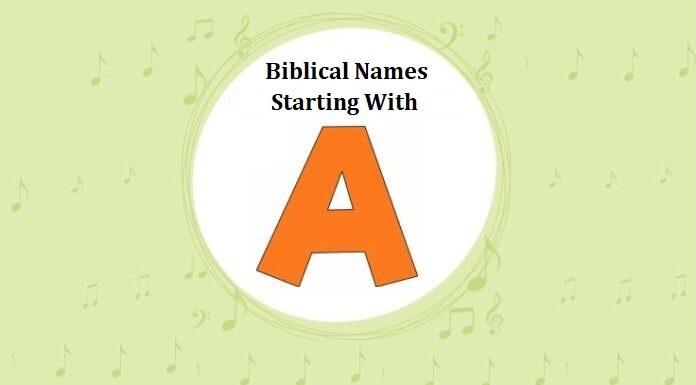In This Article
Synonyms and Antonyms Words: A Comprehensive Guide
What are Synonyms?
Synonyms are words that have similar or identical meanings. They are a useful tool in writing and speaking because they allow you to avoid repetition and add variety to your language. For example, instead of using the word “happy” repeatedly, you can use its synonyms such as “joyful,” “content,” “pleased,” and “delighted.”
Here are some more examples of synonyms:
- Good: Great, Excellent, Superb, Outstanding, Wonderful
- Big: Large, Huge, Massive, Enormous, Immense
- Cold: Chilly, Frigid, Freezing, Icy, Frosty
Using synonyms can not only make your writing or speech more interesting, but it can also help you avoid sounding monotonous or repetitive.
What are Antonyms?
Antonyms, on the other hand, are words that have opposite meanings. They are useful when you want to express a contrasting idea or emphasize a difference. For example, if you want to describe someone who is not only happy but also sad, you can say they are “happy” and “miserable” at the same time.
Here are some more examples of antonyms:
- Hot: Cold, Cool, Icy, Chilly, Frigid
- Good: Bad, Poor, Inferior, Substandard, Defective
- Light: Heavy, Dark, Dull, Gloomy, Murky
Using antonyms can help you emphasize a contrast, create a more nuanced meaning, and add depth to your writing or speech.
Synonyms of Information in English
List of 100 Synonyms of Information Words in English
- Data
- Facts
- Knowledge
- Details
- Intelligence
- Insight
- News
- Info
- Statistics
- Specifics
- Particulars
- Feedback
- Report
- Briefing
- Input
- Notice
- Disclosure
- Bulletin
- Communication
- Notification
- Update
- Advice
- Wisdom
- Guidance
- Direction
- Clues
- Intelligence
- Instructions
- Counsel
- Tip
- Hint
- Recommendation
- Report
- Message
- Notice
- Directive
- Memo
- Memorandum
- Reminder
- Memoir
- Account
- Description
- Explanation
- Narration
- Interpretation
- Commentary
- Observation
- Opinion
- Perception
- Understanding
- Education
- Awareness
- Erudition
- Learning
- Science
- Scholarship
- Enlightenment
- Culture
- Civilization
- Customs
- Traditions
- Lore
- Mythology
- Folklore
- Legends
- Stories
- Tales
- Announcements
- Declarations
- Manifestos
- Public statements
- Press releases
- Advertisements
- Promotions
- Publicity
- Propaganda
- Brainstorm
- Discourse
- Debate
- Dialogue
- Conversation
- Exposition
- Thesis
- Investigation
- Research
- Inquiry
- Study
- Analysis
- Evaluation
- Review
- Critique
- Assessment
- Appraisal
- Diagnosis
- Conclusion
- Judgment
- Verdict
- Decision
- Conclusion
- Solution
Antonyms of Information in English
List of 100 Antonyms of Information Words in English
- Ignorance
- Misinformation
- Deception
- Falsehood
- Nonsense
- Rubbish
- Trash
- Deceit
- Inaccuracy
- Falseness
- Fiction
- Untruth
- Obscurity
- Vagueness
- Ambiguity
- Disinformation
- Misrepresentation
- Prevarication
- Dissimulation
- Misstatement
- Distortion
- Error
- Misreport
- Unreliability
- Confusion
- Enigma
- Mystery
- Puzzlement
- Secrecy
- Silence
- Blankness
- Omission
- Incomprehension
- Incoherence
- Illogicality
- Inconsistency
- Contradiction
- Paradox
- Absurdity
- Fallacy
- Sophistry
- Gibberish
- Jargon
- Nonsensicality
- Meaninglessness
- Pointlessness
- Purposelessness
- Senselessness
- Stupidity
- Unintelligence
- Dullness
- Dumbness
- Ignoramus
- Foolishness
- Foolery
- Ridiculousness
- Absurdity
- Inanity
- Imbecility
- Incompetence
- Ineptitude
- Ineffectiveness
- Inefficiency
- Inability
- Incapacity
- Failure
- Deficiency
- Lack
- Shortage
- Scarcity
- Unavailability
- Absence
- Nonexistence
- Void
- Emptiness
- Barrenness
- Nothingness
- Pointlessness
- Purposelessness
- Uselessness
- Worthlessness
- Futility
- Ineffectiveness
- Inutility
- Unproductiveness
- Unprofitability
- Inappropriateness
- Incongruity
- Inharmoniousness
- Discordance
- Dissonance
- Disagreement
- Dispute
- Controversy
- Strife
- Hostility
- Antagonism
- Enmity
- Animosity
- Hatred
Conclusion
In conclusion, synonyms and antonyms are a crucial part of our language and communication. They allow us to express ourselves more effectively, avoid repetition, and create more nuance.



















